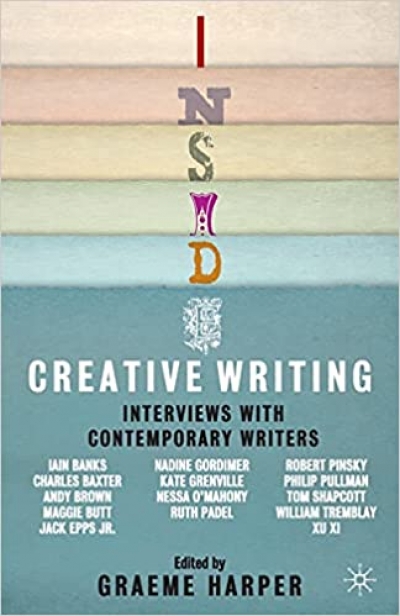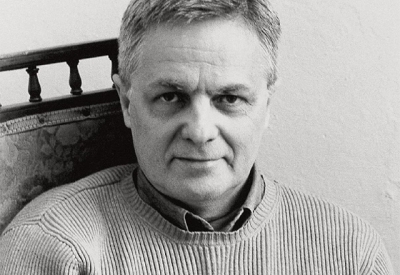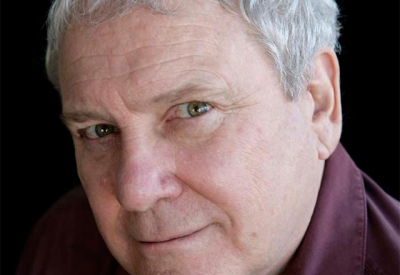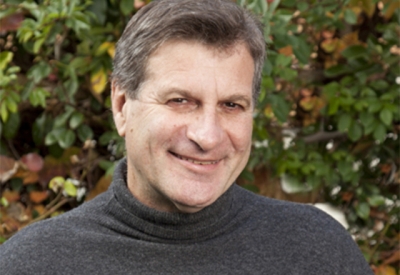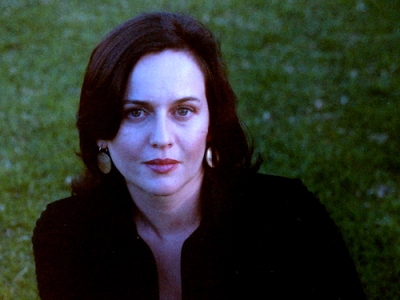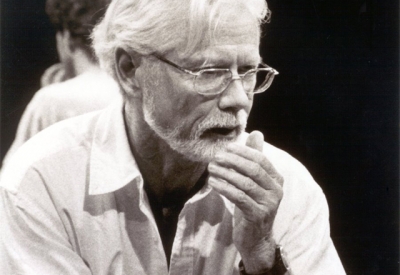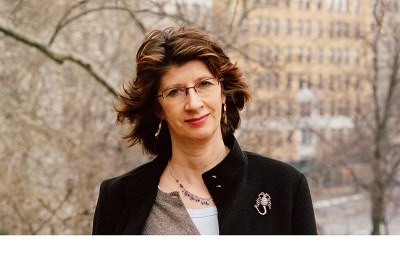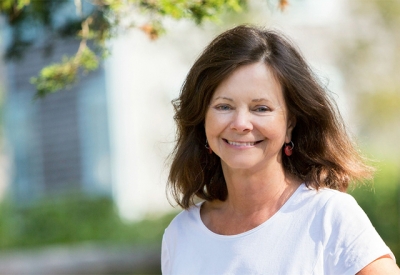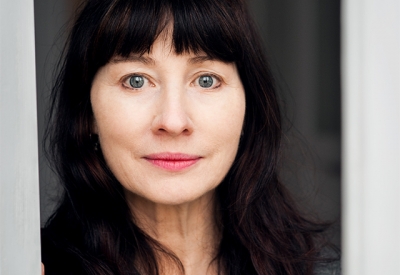Interviews
Inside Creative Writing: Interviews with contemporary writers edited by Graeme Harper
Graeme Harper is a big name in the academic field of creative writing. He was the first in Australia to be awarded a doctorate in creative writing (UTS, 1993) and followed that with a PhD from the University of East Anglia; he has held professorships in creative writing in the United Kingdom, Australia, and the United States. He edits journals and writes textbooks on creative writing; his curriculum vitae lists more than seventy-five keynote addresses given on the subject, and thirty-one grants and fellowships. As Brooke Biaz, he also writes fiction. How does he find the time? Any academic will confirm that nothing so effectively limits one’s own creative writing output as does teaching the subject.
... (read more)Why do you write?
It’s the one thing I know how to do. I could never catch a ball when I was a kid, couldn’t balance on a bike, can’t drive a car – not to mention other inadequacies. It’s a relief to think that I have one area of competence, relatively speaking.
Are you a vivid dreamer?
My specialty is ghastly nightmares. In order to dream, I’d probably need to sleep more hours than I usually manage. I hate the sight of the digital clock announcing three a.m.
... (read more)Storytelling in all its forms is one way of having something curious, strange, and comforting to say to others and ourselves when we are faced with the malaise of the real.
... (read more)I write to understand the world, and also to find out what I think. When I look at something very closely (whatever it is: fruit bats or space travel or a particular situation), it seems to expand; to contain allusive meanings I wouldn’t see if I weren’t writing about it. My books are also about honouring otherwise forgotten people whom I find extraordinary.
... (read more)The idea for The Art of the Engine Driver came from a dream of my old street. It was so vivid – virtual, you might say – that I abandoned the project I had in mind and followed the dream.
... (read more)Living life in only one dimension, without having another world or set of characters to visit, doesn’t seem enough. I’m always happier when I’m writing, and not so easy to live with when I’m not.
... (read more)I write for a reader, any reader – just one – who is willing to participate on a creative level in the experience of my book. I do not plan my novels, and I think if I ever did I would lose interest in finishing them. Nor do I ever alter the order in which the narrative unfolds. Otherwise, how would I keep track of what my reader knows and doesn’t know? I don’t care about plot. Instead, the aim is to transmogrify experience. What drives me is the music of the sentence. It’s all about a shared energy with the reader. That’s what fires me up.
... (read more)It’s a thrill to build up a story and to inhabit characters. I’m alone and not alone – in touch with layers of life I’m not able to savour when I’m living it.
... (read more)During the day. I love reverie. It’s underrated. As T.E. Lawrence put it: ‘The dreamers of the day are dangerous men, for they may act their dream, to make it possible. This I did.’
... (read more)To find cogency, peace, quiet, and joy; to practise radical attention to the world, to be an activist through words, and to forge solidarity through imagination.
... (read more)
